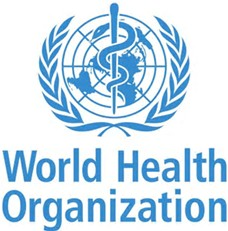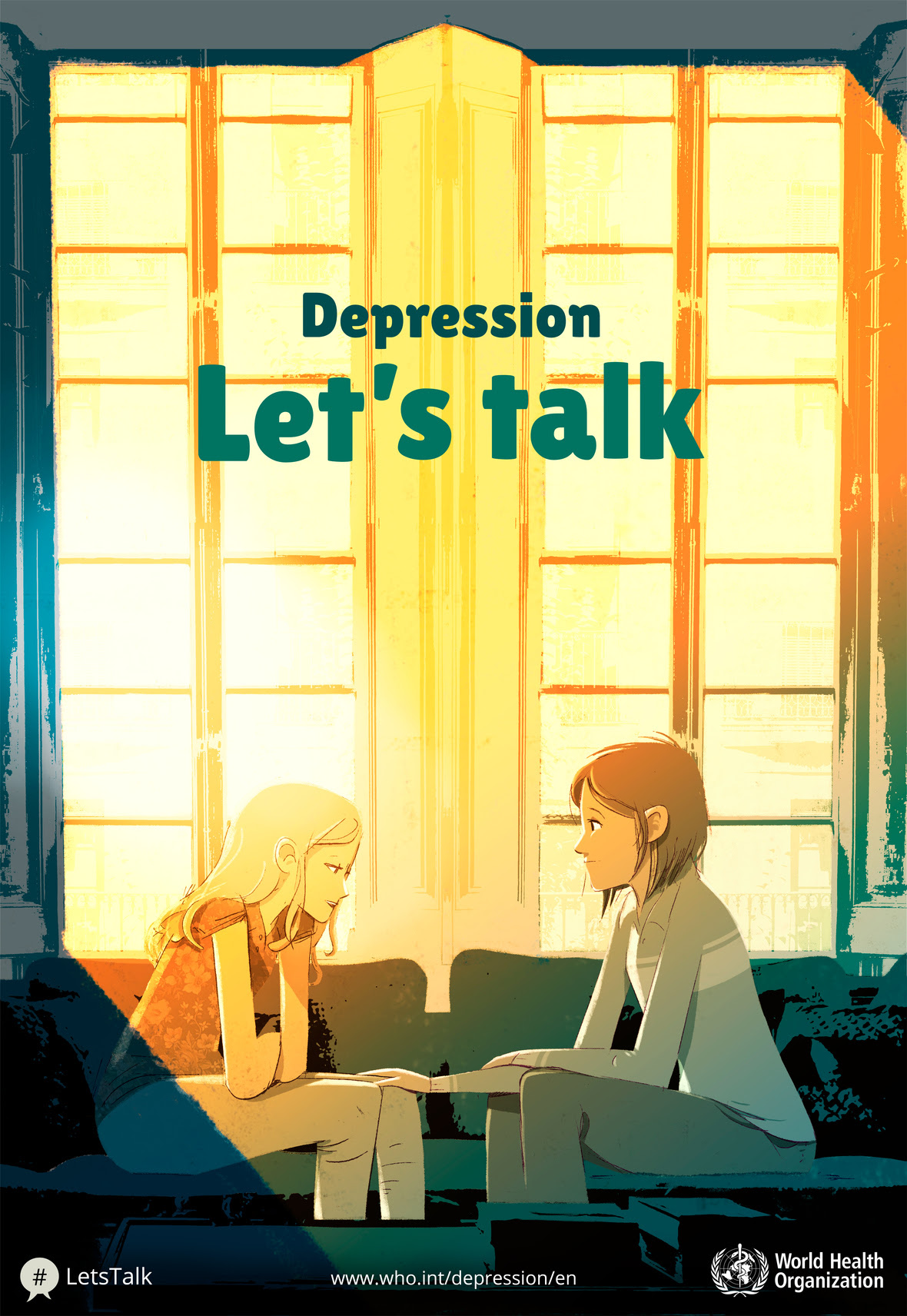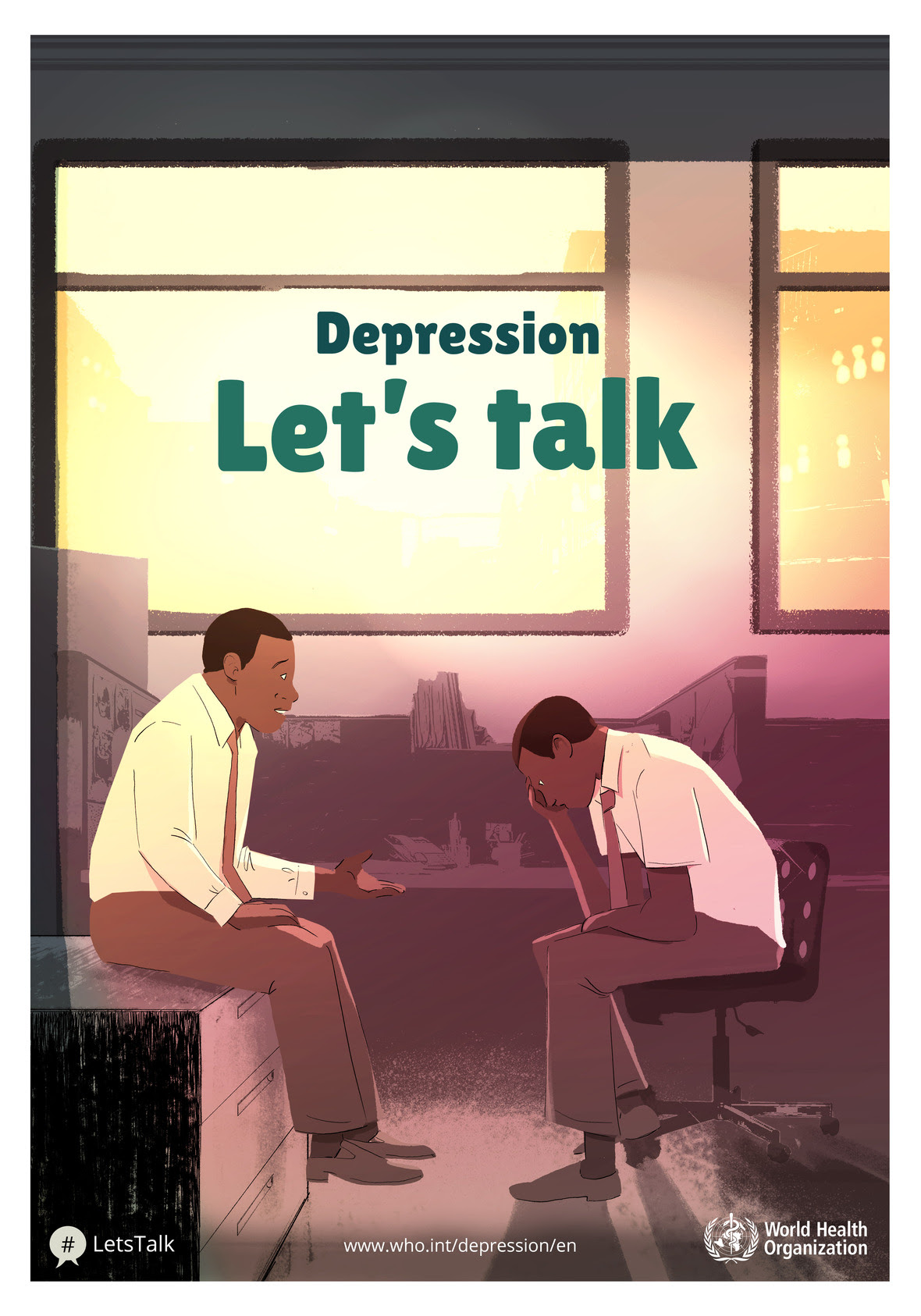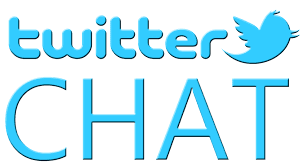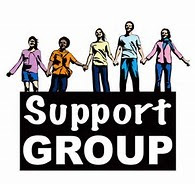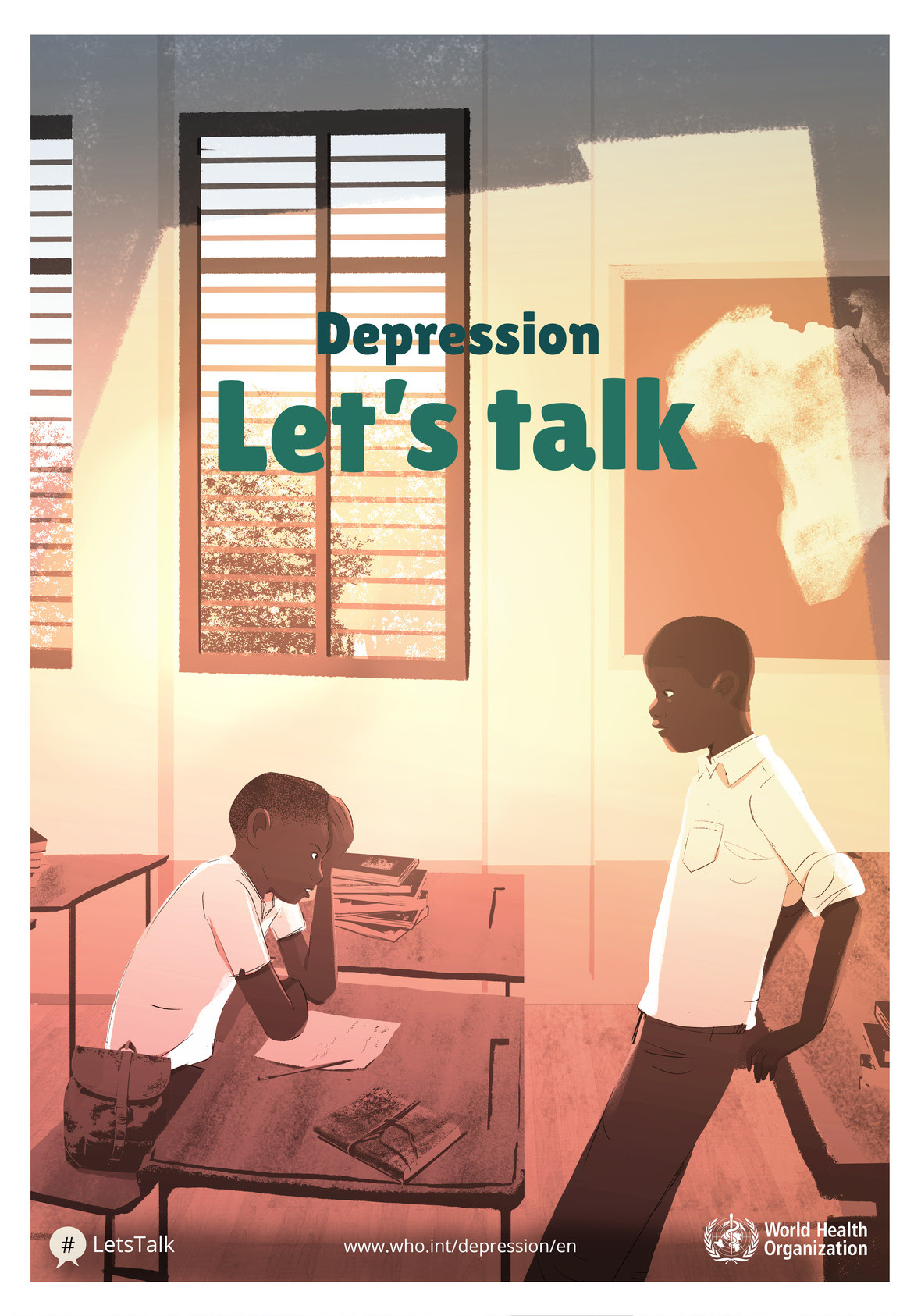WHO GCM/NCD Newsletter – 7 April 2017
Dialogue Meetings
First pre-Dialogue stakeholder meeting on NCDs and youth during the International Federation of Medical Students’ Association (IFMSA) General Assembly, Budva, Montenegro

2-8 March – The International Federation of Medical Students’ Association (IFMSA) hosted a pre-Dialogue caucus meeting on NCDs and youth. The meeting was held during the IFMSA General Assembly that was held in Budva, Montenegro this year. The event engaged medical students from all parts of the world to increase awareness and encourage advocacy and meaningful youth participation at all levels of society on NCDs. It focused on NCDs as a global burden and the role of medical education and medical students to be prepared to tackle NCDs in the SDG era. The NCD Youth Caucus is a pre-Dialogue stakeholder meeting leading up to the Global Dialogue meeting organized by WHO and hosted by the Government of Uruguay on 18-20 October 2017 in Montevideo.
One result of the NCD Youth Caucus was the Budva Youth Declaration: A Call to Action on Noncommunicable Diseases. The main call to action of the declaration is to increase financial investments to address NCDs in order to curb the economic and social impact of these diseases and to strengthen the curriculum to increase the preparedness for medical students to become future responders of the NCDs through public health measures in a multisectoral and multistakeholder environment.

Ministries of Health throughout the Caribbean have committed to improve cervical cancer prevention and control. The Healthy Caribbean Coalition (HCC) is an NCD alliance that works with national governments and Cancer Societies throughout the region. In Belize and Jamaica, where the Ministry of Health provides cervical cancer screening in primary care centres, the HCC has initiated projects with local NGOs on cervical cancer prevention amongst vulnerable, disadvantaged women. These initiatives were initially financed by an Australian Direct Aid Programme but following their success have also received funding from UNESCO. This strengthened the capacity of civil society organizations in both countries, thereby extending the reach of public health services and improving access for the earlier detection of cervical cancer.
This photo was taken in the context of the WHO Global Coordination Mechanism on NCDs (WHO GCM/NCD) Dialogue on mobilizing international cooperation on NCDs, held on Monday 30 November and Tuesday 1 December 2015. It is part of a series of photographs exhibit existing efforts to combat cardiovascular diseases, cancers, chronic respiratory diseases, diabetes and their risk factors through the framework of North-South, South-South, and triangular cooperation. The stories are drawn from across three of the WHO regions and demonstrate the diversity of possible tools and resources available to tackle NCDs.
For more information please visit: http://who.int/ncds/gcm/en
Communities of Practice
NCDs and the Next Generation
The first virtual discussion conducted on the WHO GCM/NCD Community of Practice (CoP) on ‘NCDs and the Next Generation’ was held between 14 and 15 March 2017. Over 100 members signed-up, spanning 35 countries and territories, and encompassing all six WHO regions. Participants included members of civil society, academics, researchers, doctors, medical students, patients and other stakeholders interested in generating collaborative discussion and action toward 2018 focused on engaging the emerging and future leaders in health.
The next virtual discussion is being held between 6 and 7 April 2017 to coincide with the World Congress on Public Health. A summary of the first discussion will be shared during this discussion and the following three themes will be addressed moving forward:
- Communication: how to communicate effectively about NCDs; communication as a tool to beat NCDs; and current NCD campaign models,
- CoP action plan (outcome document): what are our expectations for this document? Ideas include a timeline leading up to 2018, calls to action, advocacy tools, a background to NCDs and UN processes, and the different roles of actors,
- The perception of youth: challenges and opportunities in intergenerational collaboration to beat NCDs.
Register your interest here to participate in the discussion and join a closed network of individuals with professional/academic experience, expertise in volunteering, or advocacy for the right to protection from NCDs and their risk factors.
More information on the WHO GCM/NCD Communities of Practice
Register to become a member of the Community of Practice
NCDs and me – Join the campaign by sharing your story
News and Events
GCM/NCD at the UN Commission on the Status of Women, New York
21 March – The 61st Commission on the Status of Women at the United Nations in New York hosted an interactive panel discussion, “Expanding women’s and adolescents’ health: Integrating noncommunicable diseases through a lifecourse approach”.
The event was organized and co-sponsored by the WHO Global Coordination Mechanism on NCD, Colombia, Japan, Zambia, Every Woman Every Child, UNICEF, NCD Child, Conference of NGOs in consultative relationship with the UN (CoNGO), and the Taskforce on Women and NCDs. The event was well attended with approximately 120 participants. The distinguished speakers included the First Lady of the Republic of Zambia, and the Ambassadors to the UN in New York of Colombia and Japan.
More information on the side event
CSW 61 Statement delivered on behalf of WHO
Seminar on human rights at the 8th meeting of the UN Interagency Task Force
20 February – The GCM/NCD co-organized a seminar on noncommunicable diseases and human rights with the United Nations Interagency Task Force that was held on 20 February 2017 at the United Nations High Commissioner for Refugees (UNHCR) before the start of the 8th meeting of the UN Interagency Task Force 21-23 February 2017.
The seminar explored how human rights are relevant to the response to NCDs and highlighted areas where action may be needed with a view to facilitating the development of more specific guidance on how human rights may be more integrated into the response to NCDs and the development of more specific guidance for UN agencies.

More information and background documents here
Save the Date – Informal Breakfast for Participants: How the WHO GCM/NCD adds value now and in the future, Seventieth World Health Assembly
The WHO GCM/NCD is hosting an informal breakfast in the margins of the 70th World Health Assembly on Thursday, 25 May 2017. The breakfast will convene various stakeholders and participants of the Mechanism from Member States, NGOs, the United Nations, Philanthropy, the Private Sector and Academia.
Collectively with Dr Bente Mikkelsen, Head of the Secretariat for the GCM/NCD, participants and selected key note speakers will respond to the added value of the GCM/NCD now and in the future. They will also reflect on the renewed strategic focus necessary to ensure the GCM/NCD can be utilised to its fullest potential towards achieving the targets outlined by the Global NCD Action Plan 2013–2020 and Goal 3.4 of the Sustainable Development Agenda.
The breakfast will be held between 7.00 and 8.45 at the Restaurant of the International Committee of the Red Cross (ICRC).
For more information please note the official Save the Date with invitations to follow.
RSVP via the following link
SADAG – Let’s Talk about Depression this World Health Day 7th April
|
Canadian report on soda taxes
|
Food Politics by Marion Nestle.
A group of Canadian health organisations has issued a report on the health and economic impacts of sugary drink consumption, based on research they commissioned… The research predicts dire effects if sugary drink consumption is not curtailed—more than $50 billion in health care costs over the next 25 years. The report says that Canadians purchased an average of 444 ml of sugary drinks per day in 2015, well over the recommended sugar maximum of no more than 10% of total daily calories. Sales of classic Coke and Pepsi are down, but look what is happening with other sugary beverages:
The report estimates that a 20 per cent excise levy on sugary drinks will do wonders for health, and will account for government revenue of $1.7 billion per year. These revenues could support healthy living initiatives such as
Download all the documents here
|





